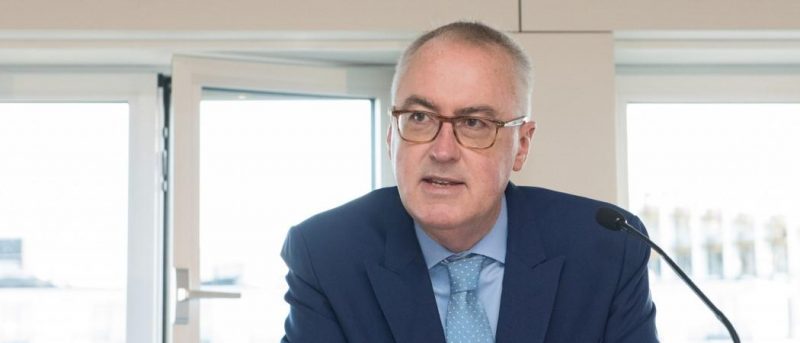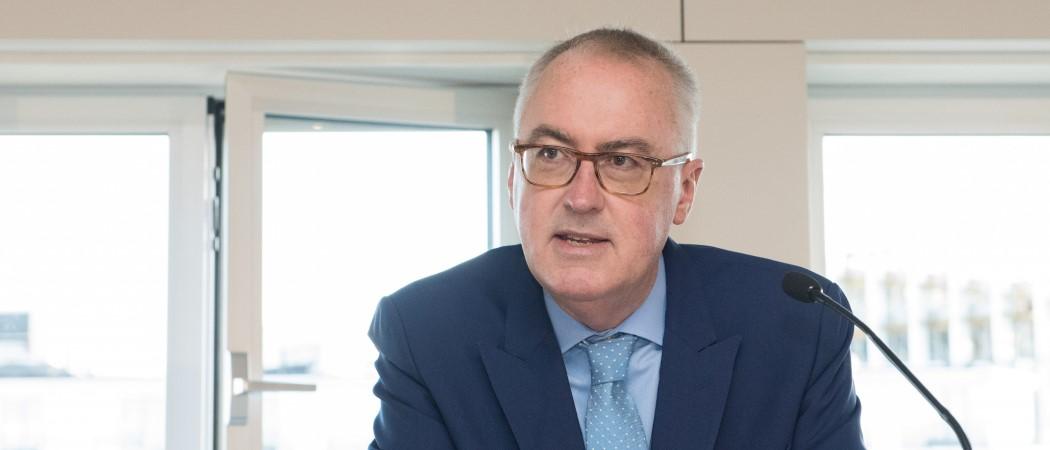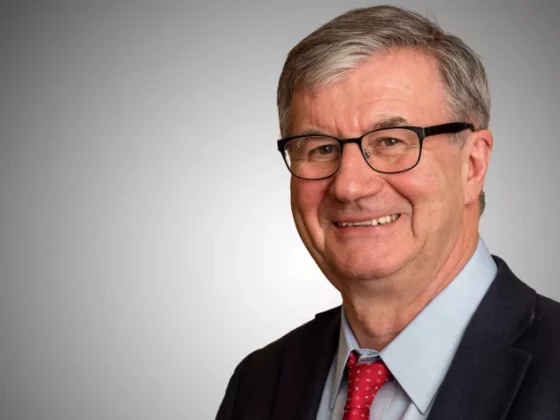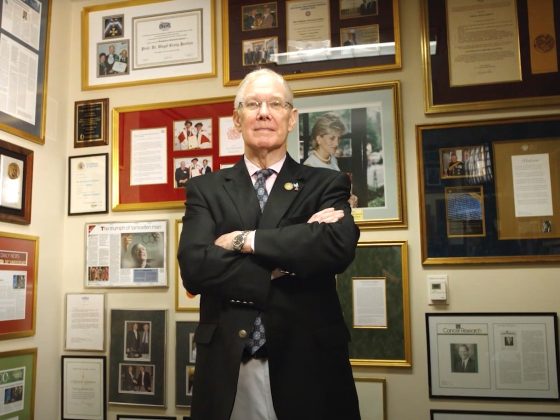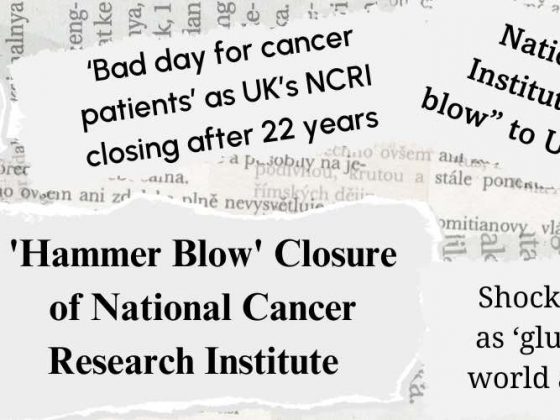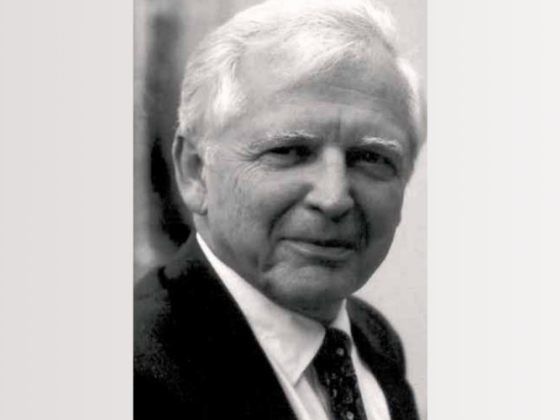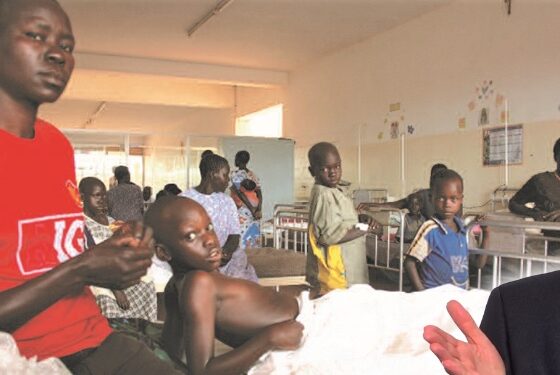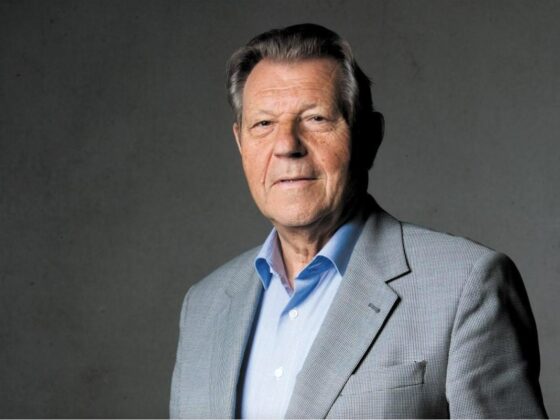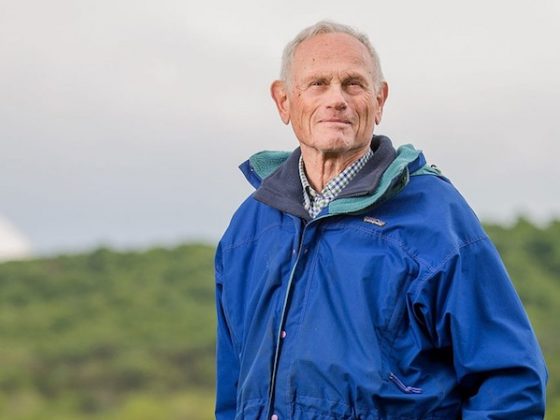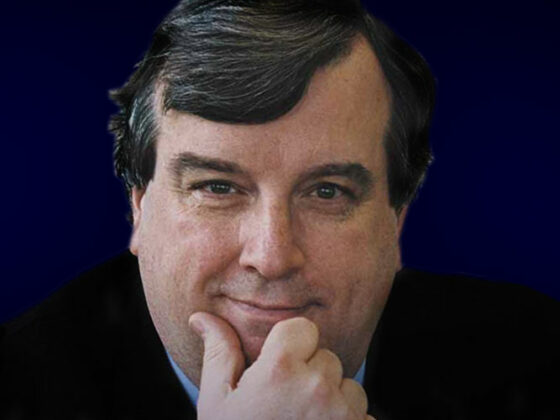Europe’s public health and cancer communities have been paying tribute to John Ryan, former Deputy Director General of European Commission Health Directorate, following his untimely death at the age of 65.
Ryan had only recently retired, after spending decades helping shape and expand European health policy to the point we have reached today, with the ambitious and wide-ranging EU4Health programme.
Many of the tributes focus on more recent contributions, such as his role in developing the landmark Europe’s Beating Cancer plan, and Europe’s response to the Covid-19 pandemic. Less commented on is the contribution Ryan made in bringing the European health dimension to the point where these more recent achievements were possible.
Alberto Costa, Chief Executive Office of the European School of Oncology (ESO), remembers John Ryan from days of the Europe Against Cancer programme. Running from 1987 to 1994, this was the first health initiative ever launched by the European Commission. It marked the beginning of the transformation of what was then primarily an economic collaboration (the EEC, or European Economic Community) to a collaboration that extended to social issues such as health and education (Europe des Citoyens). At that time there was no directorate responsible for health – the Europe Against Cancer programme was carried out within the Directorate for Employment, Industrial Relations and Social Affairs.
That programme laid the foundations for all the EU’s subsequent involvement in public health, cancer prevention, cancer registries, screening guidelines, and even health professional education to promote early diagnosis.
In a retrospective of Ryan’s career, published only five months before his death, the European Public Health Alliance singled out, from this period, his role in developing European policy on tobacco control legislation. “His leadership was instrumental in bringing the EU to a position of strength before the FCTC [Framework Convention on Tobacco Control] negotiations in 1998-2003,” they remember. “By ensuring EU tobacco control legislation was in place early in the 1990s, the EU was in a stronger position to push for robust policies for member states, paving the way for firmer tobacco controls across the EU, and placing John as one of the key players in tackling the commercial determinants of health and prevention policy.”
Alberto Costa, who coordinated the input of ESO in helping develop and implement many of the Europe Against Cancer initiatives, remembers Ryan in particular for his belief and commitment to education. “He was very fond of the importance of education, and he looked for the advice of ESO on many matters, particularly in the field of doctors–nurses collaboration” – a legacy that is now being carried forward with the recent launch of the INTERACT-Europe training programme.
Building connections between member states that can drive up standards of care and reduce inequalities was a constant theme for Ryan. The cross border healthcare directive, which helps patients access care that may be unavailable in their own country; the European Reference Networks for rare diseases, which provide patients with access to cross border expertise and help foster new centres of excellence; the successive Joint Actions on Cancer, which provided a platform for countries to work together to improve different aspects of cancer prevention and care – Ryan played a key role in all of these. These in turn laid the foundations for the more ambitious overarching initiatives that he went on to help develop – principally the Europe’s Building Cancer Plan and the Europe4Health programme – which incorporated and built on everything that went before. This latest contribution was recognised by Health Commissioner Stella Kyriakides, in her tribute to Ryan. “He was central to our Covid-19 response, to many of the Health Union initiatives and to the development and implementation of the EU Cancer Plan. His memory and contribution will be cherished,” she wrote.
But it is the heartfelt tributes paid by the wider public health advocacy community that truly testify to the high esteem in which he was held. “We have lost a true public health champion,” said the EU4health Civil Society Alliance – a pool of European organisations who came together in 2017 to ensure that the European institutions did not backslide on their commitments to guarantee health protection and promotion. “His departure leaves a profound void, as we reflect on his monumental contributions to the European health project and his unwavering commitment to the health and well-being of all.”
EuroHealthNet, a partnership of public health bodies focused on “preventing disease and promoting good health by looking within and beyond the health care system,” remembers Ryan for his tireless dedication, which “has left an indelible mark on our collective pursuit of better health for all… he enriched our collaborative efforts and guided us towards meaningful change. His legacy will endure in the very fabric of our work.”
Tributes were also paid by the European Cancer Organisation, the leading voice for the European cancer community on matters of cancer policy, which has interacted closely with Ryan over many years. “We want to pay special tribute for the open door he always kept for stakeholders to share perspectives, ideas and recommendations, as well as his encouragement for cooperation across disease areas,” said ECO President Csaba Dégi. As a testament to that approach, Dégi pointed to the establishment of the Health Policy Platform – an interactive tool that Ryan set up to stimulate discussion and provide an easy way for stakeholders to share knowledge and good practice. “As we look ahead, and the important work still to be achieved in fields such as disease prevention policy, I hope the health community and EU institutions can take inspiration from John Ryan’s dedication to these matters, and bring about progress in the near future.”
After a career dedicated to improving the health of all of Europe’s citizens, it is terribly sad that Ryan died so soon after starting his retirement. Our thoughts and best wishes go with his family.
Photo credit: European Commission

